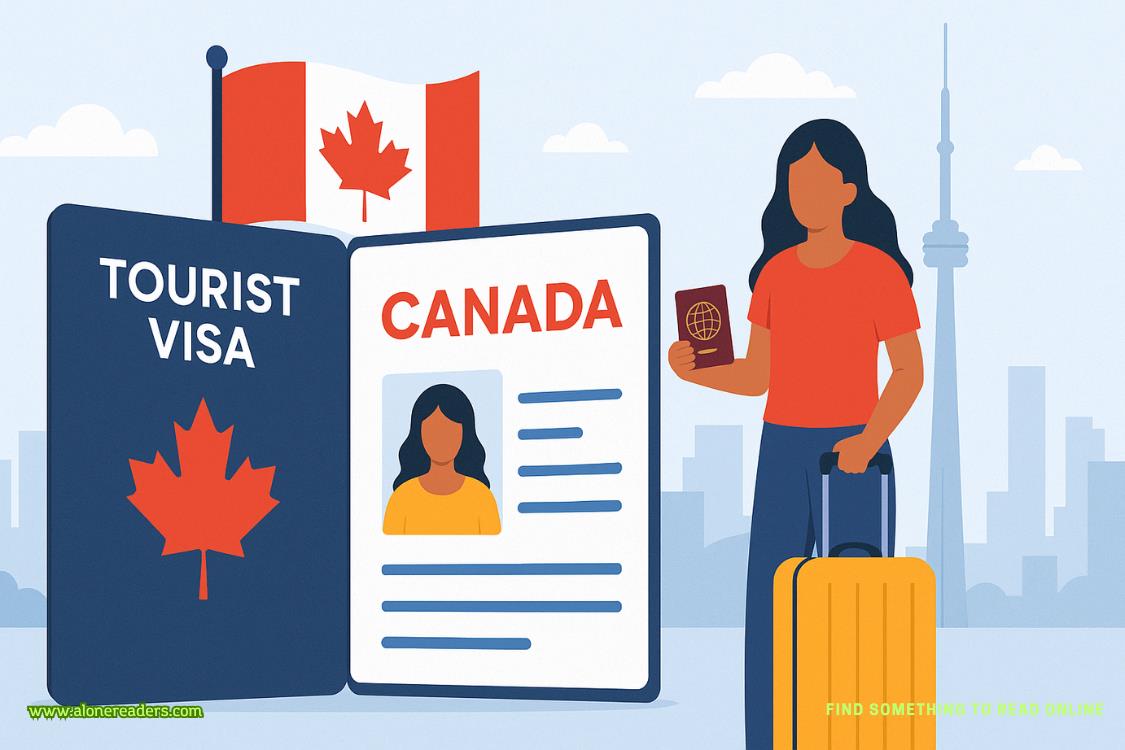Page 22 of Every Chance After
Page List Listen Audio
Them.The word sounds so separatist. Maybe “them” fits the Sullivans—they, with their luxury cars, mani-pedis, and housemaids, aren’t likeus, with our grimy boots and fingernails, family BBQs, and economy everything.
Still, as different as we are, Marina doesn’t seem so. She wants to be athem, but is she? She’s more anus. Her words swirl in my head.I thought today I’d get a family.
A dark thought passes through me, remembering Ashe crying into his mom’s shoulder rather than consoling Marina, and, later, finding her alone. It seemedoff. But everything about the Sullivans and most people generally feels off to me.
Sighing, I peer across at Mom. Her critical stare reminds me of a strict teacher, evaluating me for errors.
“Grady, please. Dr. Hinky’s worked wonders with Gil’s anxiety,” she says.
If I had the energy to argue, I would. My nerdy, twenty-eight-year-old brother contracted COVID-19 in the early days of the pandemic, rendering him quarantined for nearly a month. His difficult bout with the illness, combined with the solitude, instigated a crippling anxiety disorder. He’s lived in our parents’ basement ever since. He rarely leaves the house and only for pre-approved places. He doesn’t drive. Or date. Or have a life outside of family and online gaming. Hardly a testament to Dr. Hinky’s skills as a therapist.
“He’s better off now than last year,” she points out.
True. Gil isn’t depressed. Resigned would be a better word.
“Just talking to a professional will help you feel better. I wish you’d done it sooner, when you came back?—”
“Mom, I love you. I can’t do this now,” I say, as gently as possible. She’s as sensitive as she is pushy, like most moms, I think. “But I’ll keep it in mind.”
She nods, looking somewhat victorious, and returns to her stress baking.
“I see Dr. Hinky sometimes,” Marigold says.
“Ah, snap! Is she Shrinky Hink in your Shadow series?” I whisper, wide-eyed and impressed with myself for making the connection. Marigold’s homemade comic books are sometimes way over my head. Since returning home, she’s designated me as her alpha reader—one familial assignment I don’t mind.
My insight earns me a rare smirk from my sister. “Taking over the world one shrunken brain at a time.”
“So, she’s a villain, huh?”
“You should still see her. She makes my head feel tighter from thinking too much, but it’s less cluttered at the end.”
“Hm, maybe.”
“Grady, don’t saysnapanymore.”
“My bad, Marigold.”
She gives me a funny look, debating whether to correct me on that, too. Sometimes, I use more old-school slang around her than usual, inspiring her to correct me. It’s one of life’s few joys, getting her to communicate. She hardly spoke at all during the first half of her life.
Even that joy feels muted today. Every smile, laugh, or warm feeling gets snuffed out by the travesty I caused yesterday.
I stare at the sandwich, unable to muster the strength to pick it up.
The backdoor opens with my father’s booming voice. “Do I smell bacon?”
Mom whips a second plate at him. “Low-sodium turkey bacon for you, love.”
“That’ll do,” he says, kissing her.
Marigold and I roll our eyes at each other. Our parents’ unreserved affection has been a source of many groans. Nearly four decades of marriage haven’t diminished their attraction—a fact that’s beautiful in theory as long as you’re not one of their six children playing witness to it.
He hangs his coat on a hook by the door and moves to the island. “Grady.”
“Dad.”
“Sleep okay?”
“Okay,” I repeat, though it’s a lie. At my body’s insistence, I slept hard, but not comfortably. The accident kept repeating in my dreams in weird variations. Always mehurtingMarina, but with the details altered. A black sky. A red dress. One car instead of two. The whole town watching. In one version, I rammed my truck into their wedding. In another, I took her home with me to hide what I’d done. In another, she died. In another, I kissed her.















